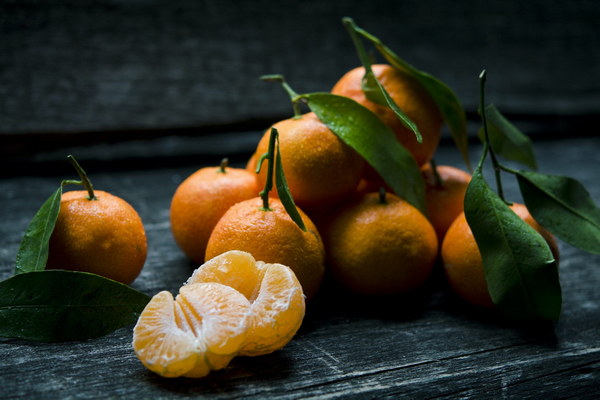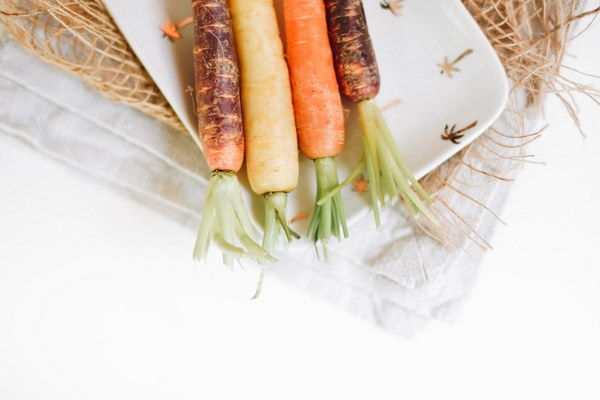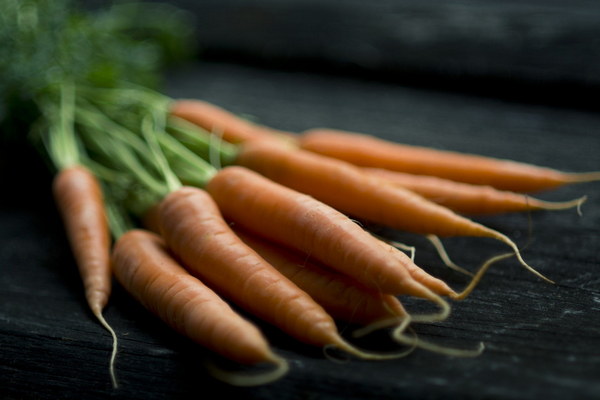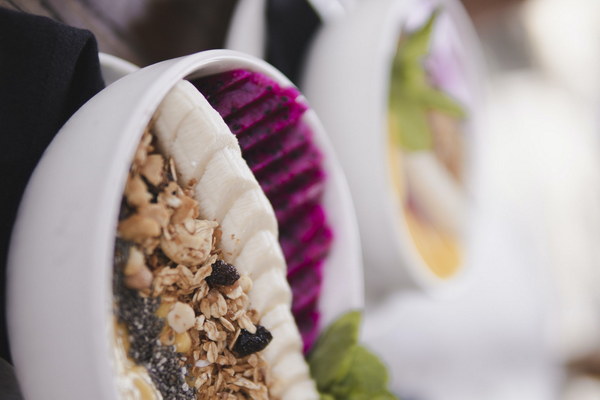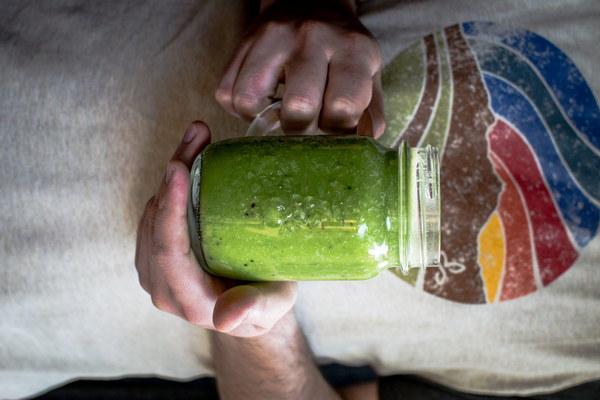Nurturing Your TwoYearOlds Lungs This Autumn Essential Tips for Healthy Breathing
As the leaves start to change colors and the temperature begins to drop, the arrival of autumn brings with it a fresh set of challenges for parents, especially when it comes to taking care of their little ones' health. For two-year-olds, whose immune systems are still developing, autumn can be a season of sniffles, sneezes, and coughs. One of the most important aspects of keeping your toddler healthy during this time is ensuring they have strong lungs. Here's a comprehensive guide on how to nurture your two-year-old's lungs this autumn.
1. Encourage Regular Outdoor Play
Autumn is a beautiful season, with crisp air and vibrant colors that can make outdoor playtime more enjoyable. Encourage your child to play outside for at least an hour a day. This not only helps them get fresh air, which is essential for lung health, but also promotes physical activity that strengthens their respiratory system.
2. Dress Appropriately
As temperatures drop, make sure your child is dressed warmly but not overly snugly. Overheating can lead to respiratory issues. Dress your toddler in layers that can be removed or added as needed to maintain a comfortable body temperature.
3. Keep the Air Clean
Indoor air quality is just as important as outdoor air. Ensure your home is well-ventilated by opening windows regularly. Use a vacuum cleaner with a HEPA filter to trap allergens and dust, and consider purchasing an air purifier if you have pets or if someone in your home has allergies or asthma.
4. Teach Proper Hygiene
Teaching your child to wash their hands regularly can significantly reduce the spread of germs that can lead to respiratory infections. Encourage your child to wash their hands before meals, after playing outside, and after sneezing or coughing.
5. Serve Nutritious Foods

A healthy diet can support lung health. Include plenty of fruits and vegetables, which are rich in vitamins and antioxidants that can help fight off infections. Omega-3 fatty acids, found in fish like salmon and sardines, can also support lung function.
6. Avoid Smoke and Pollution
Secondhand smoke is particularly harmful to children's lungs. Ensure that your child is not exposed to smoke in any form, whether it's from cigarettes, cigars, or even e-cigarettes. Additionally, try to limit exposure to air pollution by avoiding high-pollution days or areas.
7. Manage Allergies
If your child has allergies that can affect their lungs, such as hay fever, it's important to manage them effectively. Work with your pediatrician to develop a treatment plan that may include medication or lifestyle changes to reduce exposure to allergens.
8. Regular Check-ups
Regular visits to the pediatrician are crucial to monitor your child's health and catch any potential respiratory issues early. Your pediatrician can also provide guidance on how to keep your child's lungs healthy during the autumn season.
By following these steps, you can help ensure that your two-year-old's lungs are strong and healthy during the autumn months. Remember, a little prevention goes a long way in keeping your child happy and healthy throughout the season.
